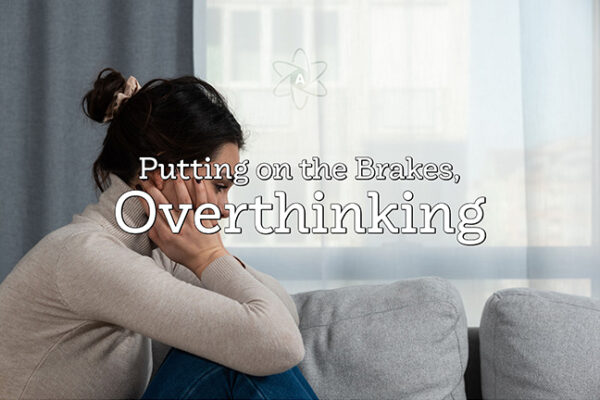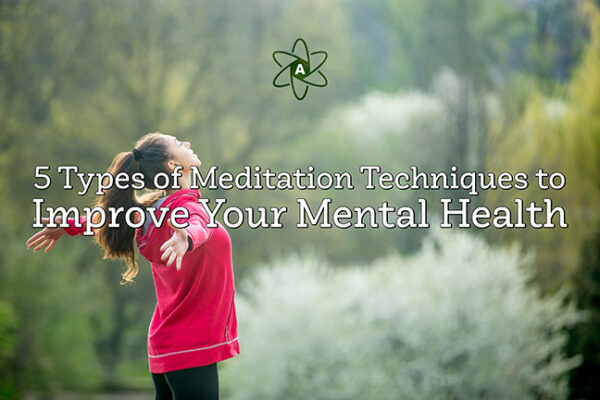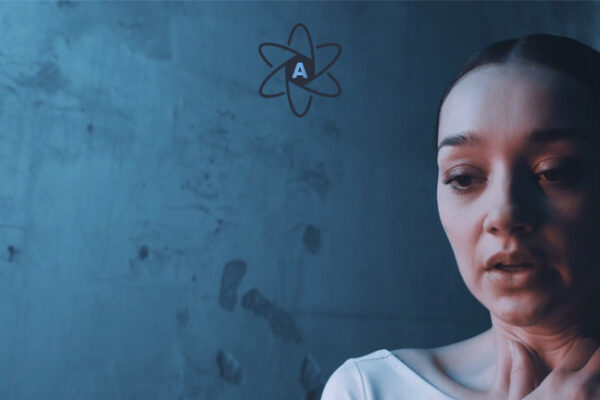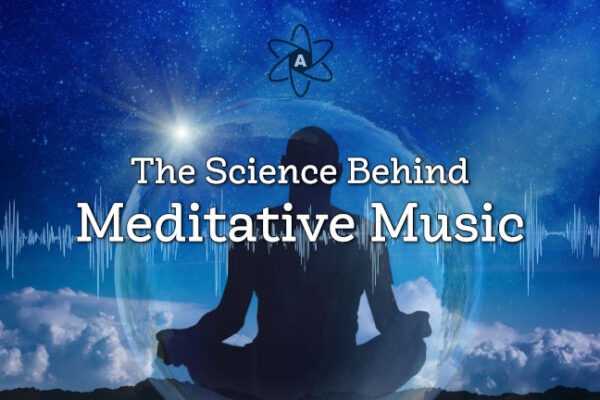Subscribe to our YouTube channel
Take a moment to consider this question, “What is the identity that you have for yourself?” You can also rephrase this question by asking yourself, “How do I see myself?” Typical responses to this question are things like:
- I am a father.
- I am a mother.
- I am a student.
- I am a happy person.
- I am impatient.
- I am a demanding person.
- I am a friendly person.
- I am an athlete.
- I am a busy person.
You get the idea! In each of these examples, the person is identifying themselves by a role, emotion, or by a behavior:
The following are ways that we identify ourselves with the role that we play:
- I am a father.
- I am a mother.
- I am a student
The following are ways that we identify ourselves with an emotion:
- I am a happy person.
- I am impatient.
- I am a demanding person.
The following are ways that we identify ourselves with our behaviors:
- I am a friendly person.
- I am an athlete.
- I am a busy person.
There is nothing wrong with having a role, emotion, or behavior being part of your identity profile. They are an aspect of who you are. The challenge comes when your sense of identity is largely defined this way. Consider the following scenarios:
- The person who sees themselves as a father or mother reaches that point in their life when their children grow up and leave home.
- The person who sees themselves as impatient finds themselves in a situation where they can no longer get what they want when they want it. An example of this would be someone who is hospitalized or incarcerated.
- The person who sees themselves as busy finds themselves in a situation where they need to slow down because of health reasons, unemployment, or other life-changing events.
Everything about ourselves is subject to change. Our physical appearances and abilities are subject to age. Our jobs are subject to layoffs, economic downturns, or changes in our personal lives. How we are emotionally can be altered by life-changing events. The point is that nothing in life is stagnant. Life is about constant change; nothing remains the same forever.
When we allow ourselves to develop a sense of identity that is too narrowly defined, we will leave ourselves vulnerable when faced with the changes that life will present to us over time. You can reach a place where you feel centered and at peace at all times, regardless of what changes may come your way. To do this requires that you achieve the realization that the essence of who you are is beyond any role, emotion, or behavior. These things are just transitory qualities that you take on. There is an aspect of you that is independent of all these things and is non-changing. Finding this aspect of yourself is the real purpose of meditation.





